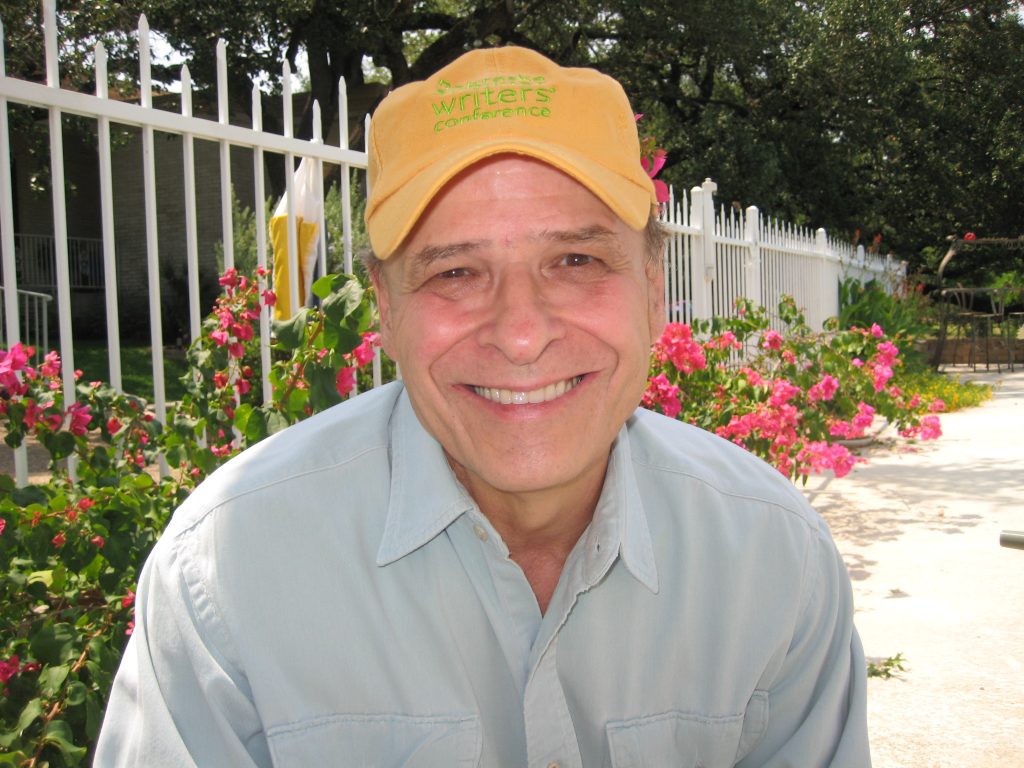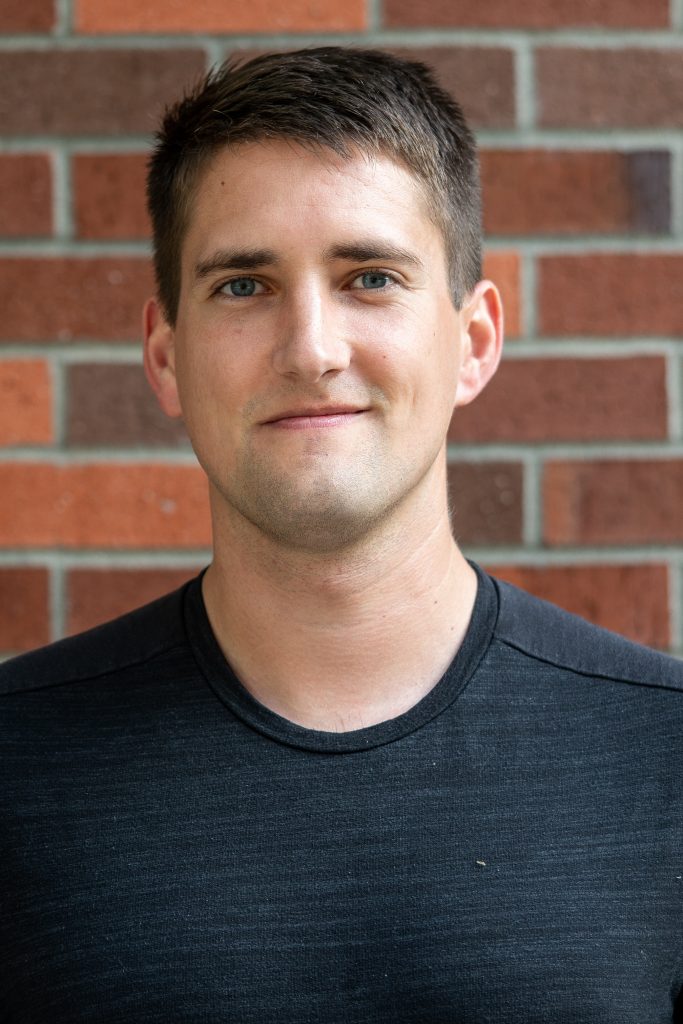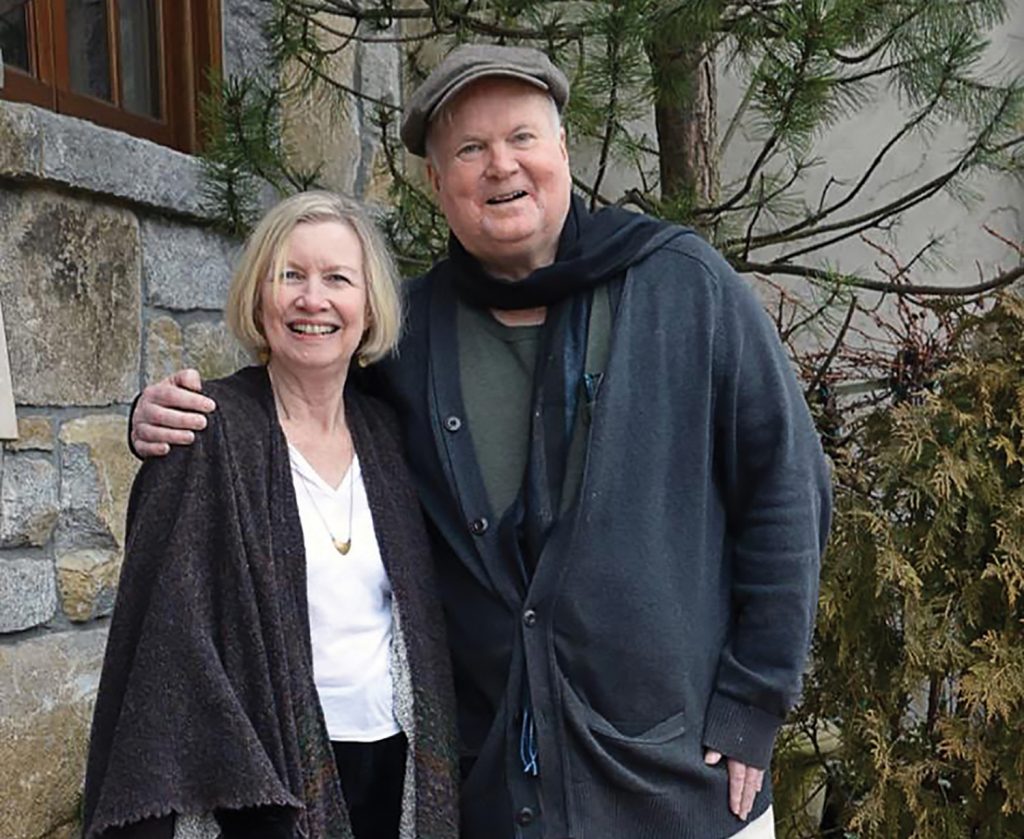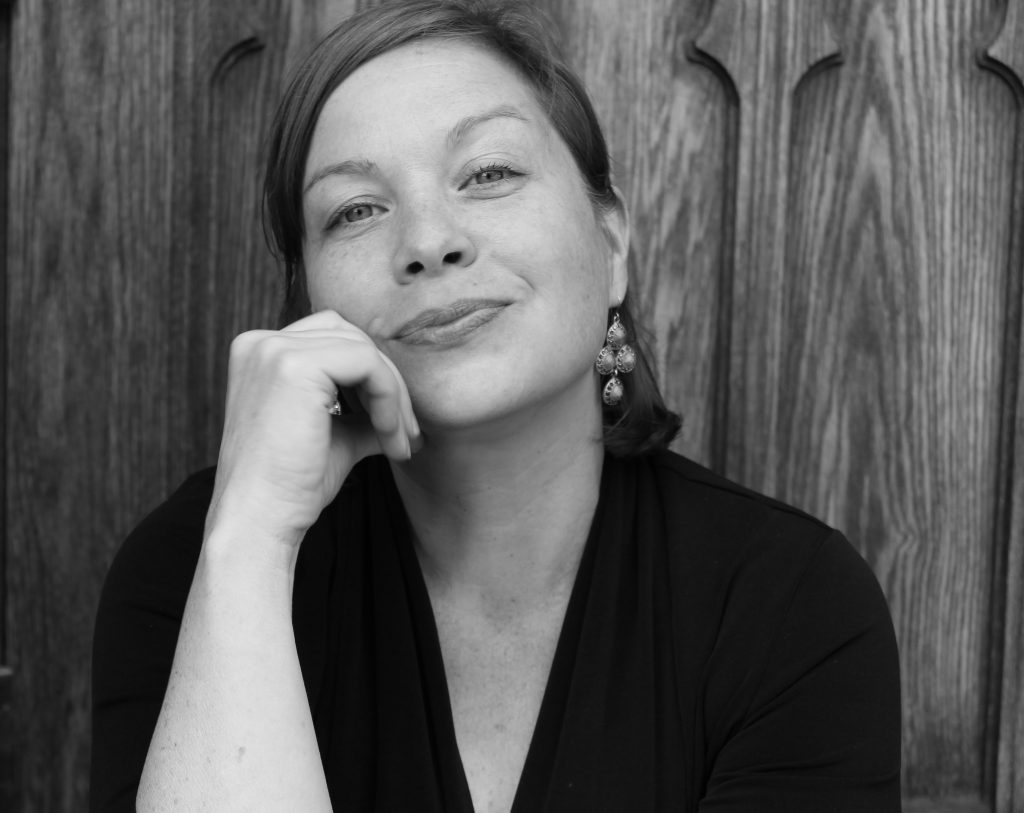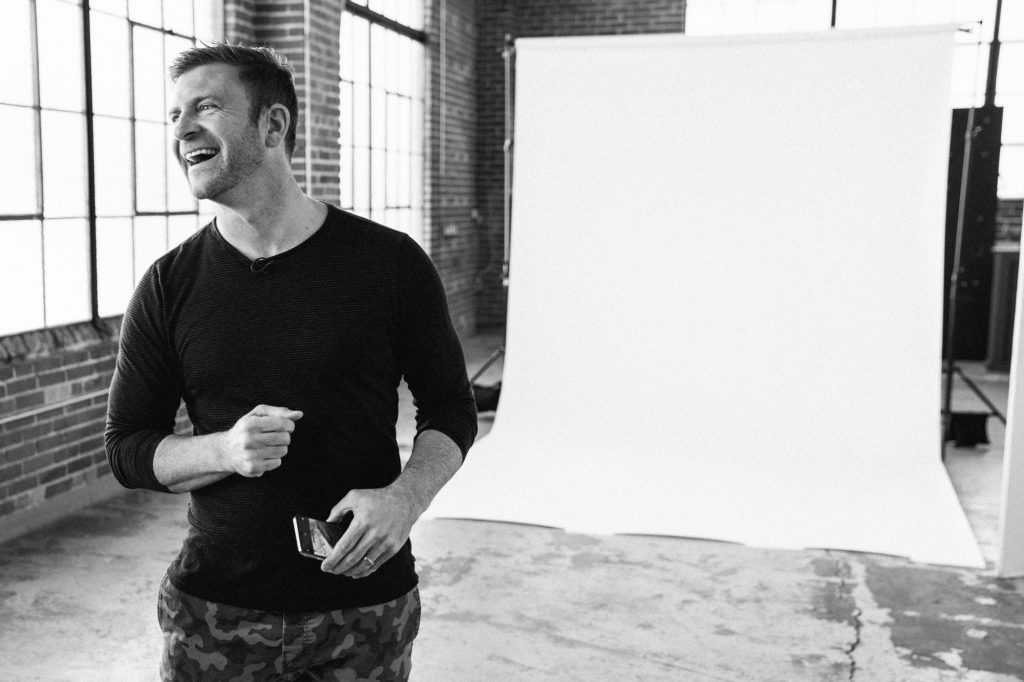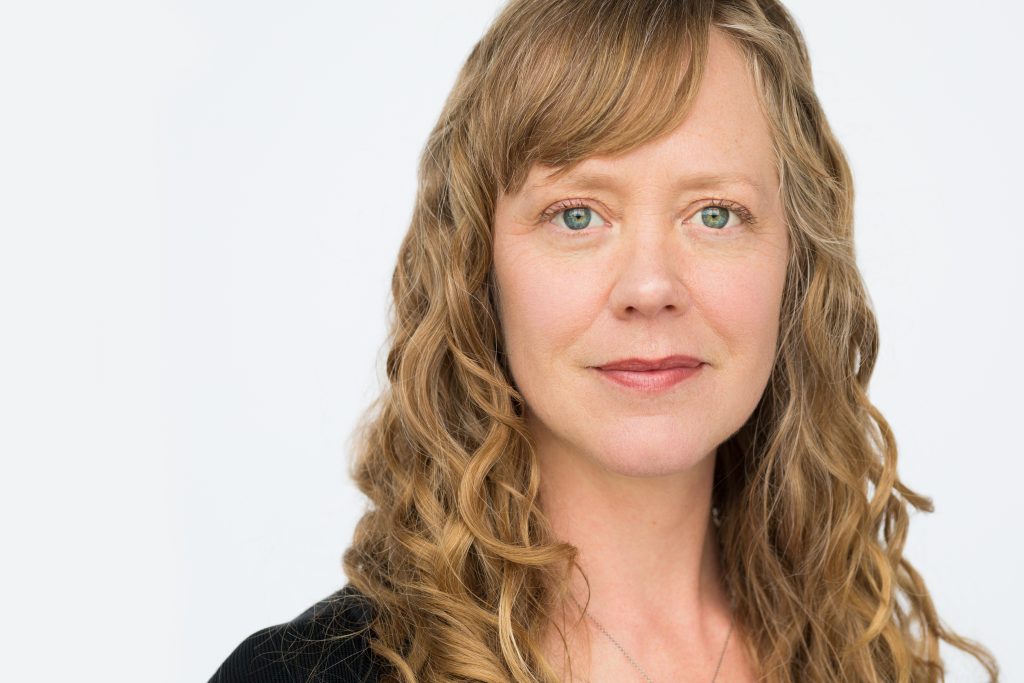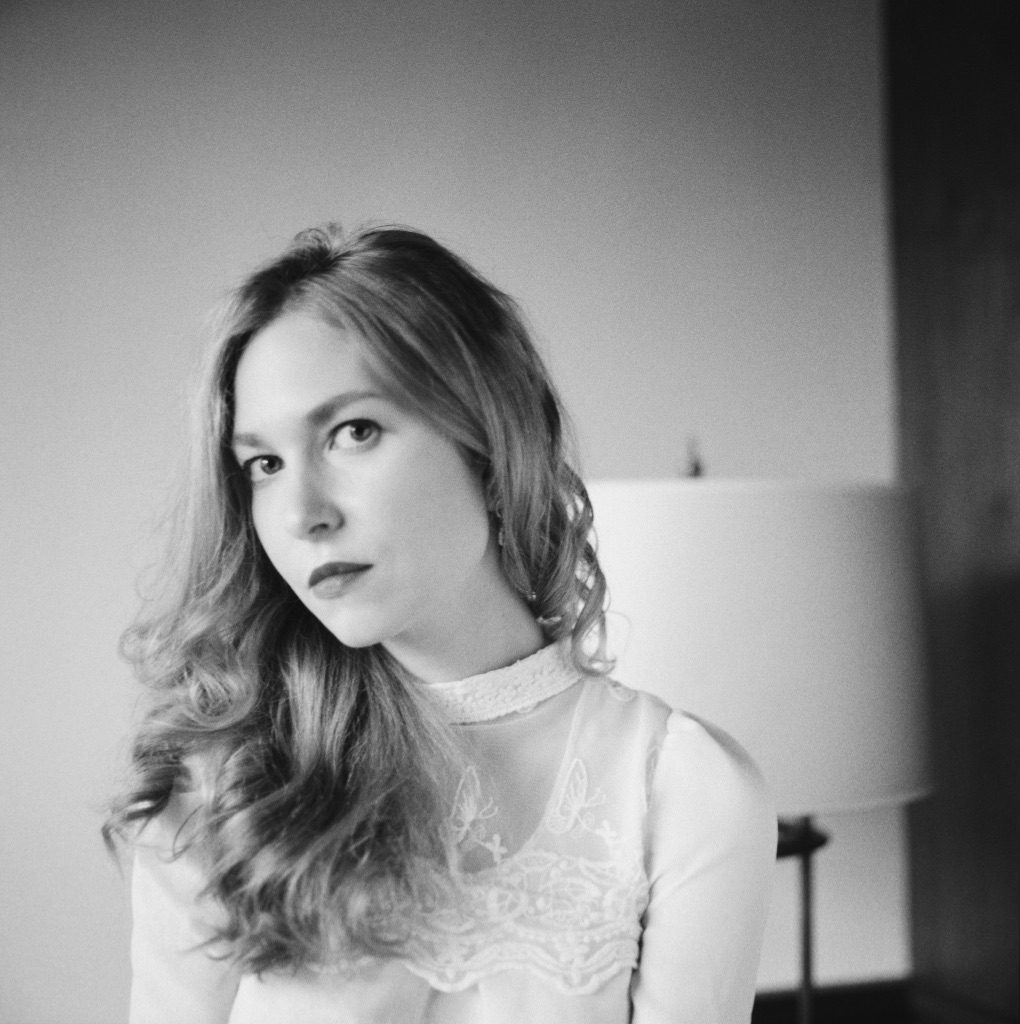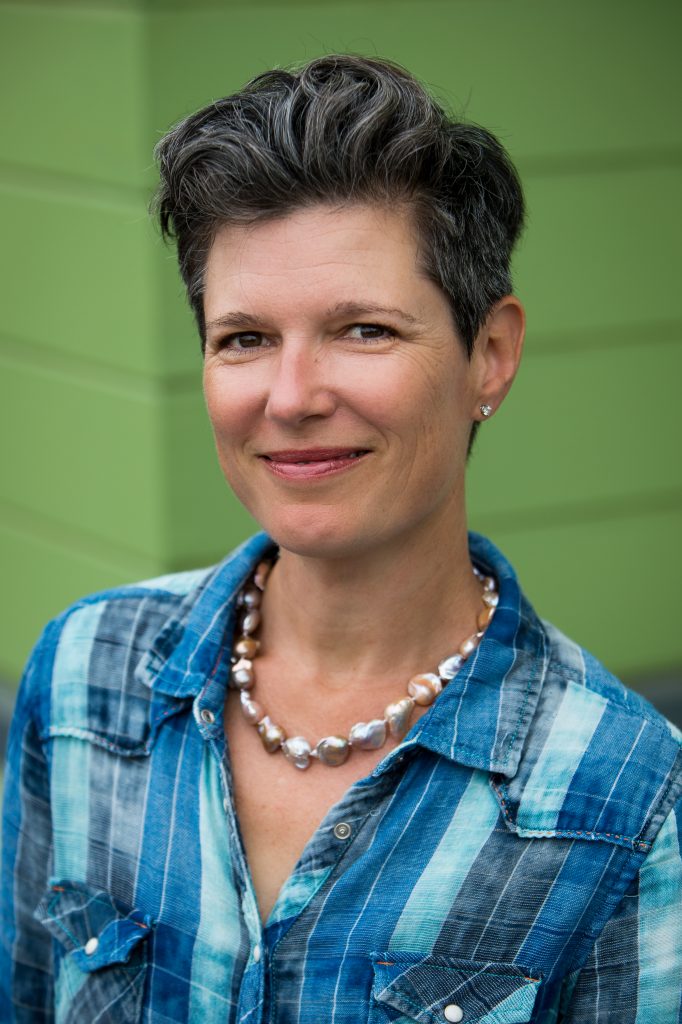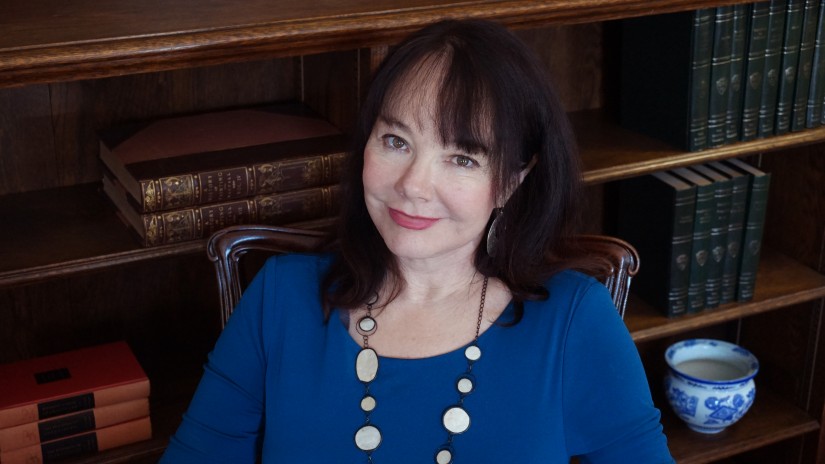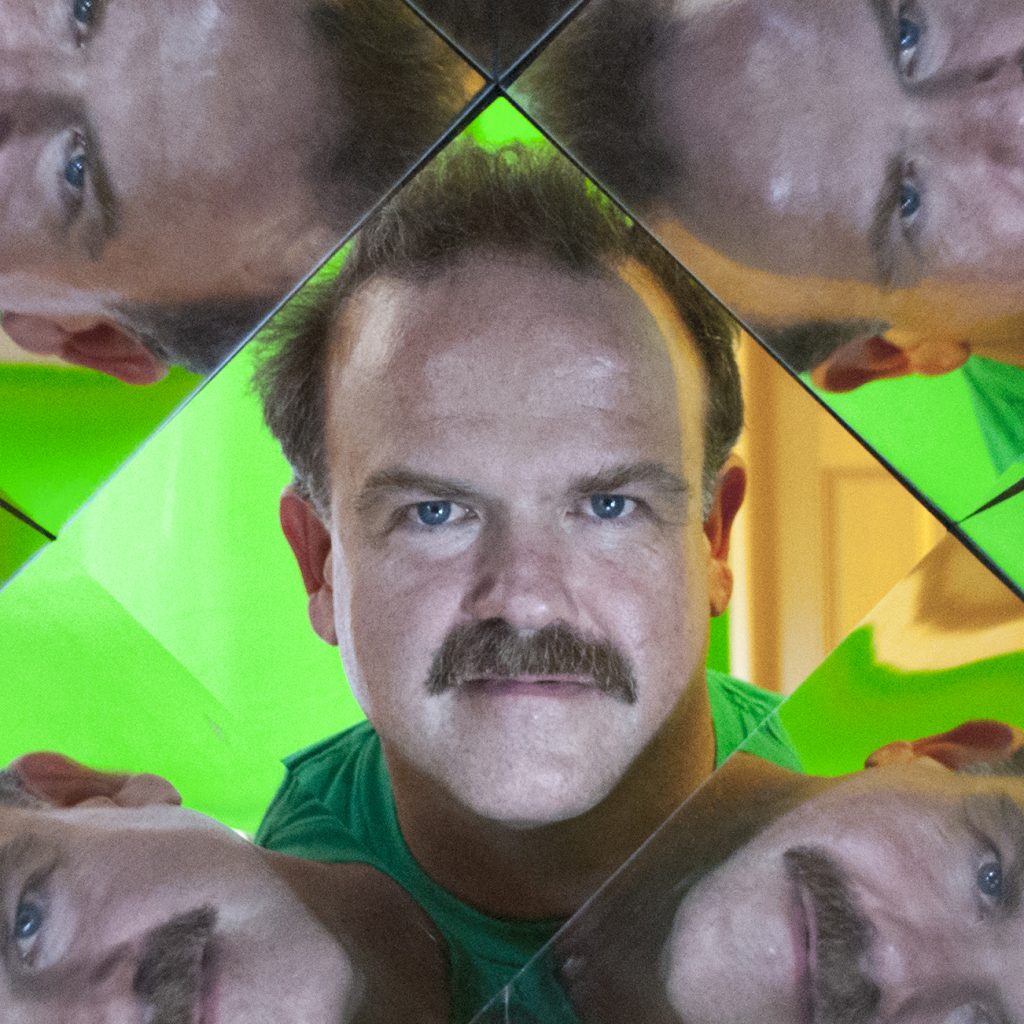
By Brendan O’Meara
Ander Monson wrote a killer essay for True Story titled “My Monument.” He also edits DIAGRAM and runs a series of essay contests and competitions. He’s what you’d call a great literary citizen.
We talk his essay and a lot of other cool junk.
I love it when I have nearly instant chemistry with someone, and that was certainly the case with Ander. I only wish we had more time!
I love when previous guests pop up in a show, like Elisa Gabbert and Elena Passarello.
If you have any questions or concerns (you might after listening to my intro. Don’t worry. Things are cool. #riesling email the show creativenonfictionpodcast at gmail dot com. You may also find the show on Twitter, IG and Facebook, all @CNFPod.
If this show matters to you, please share with your CNFin’ friends and consider leaving a kind review on Apple Podcasts.
Books by Ander
I Will Take the Answer
Gnome Stories
